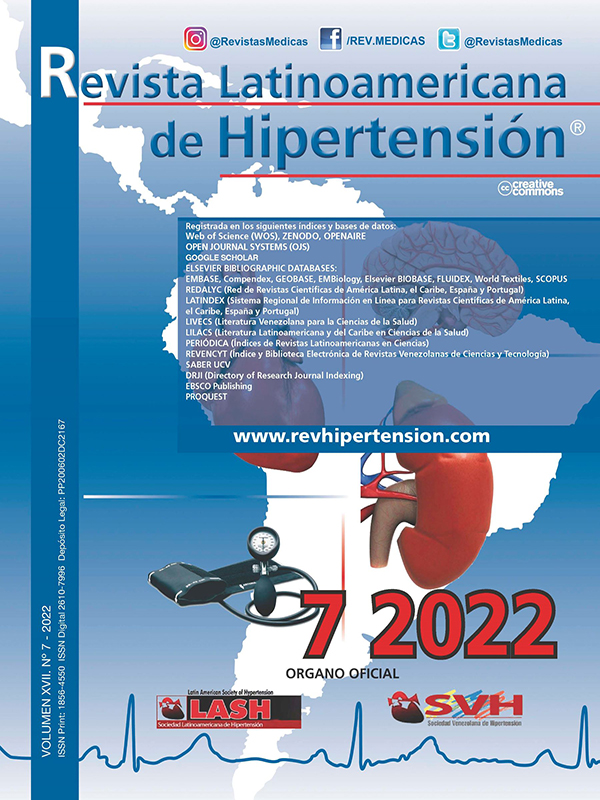Anticoagulantes orales en pacientes con fibrilación auricular: evidencia actual
Abstract
Atrial fibrillation (AF) is the most prevalent subtype of cardiac arrhythmia, conferring numerous risks to patients, especially increasing the probability of ischemic stroke. Thus, it is necessary to search for therapeutic alternatives to allow risk reduction beyond controlling heart rhythm, in particular anticoagulation. Oral anticoagulants have played an emerging role in this area, despite their apparent absence of long-term thromboprophylactic benefits. In this context, numerous options are present, including warfarin and new oral anticoagulants. The objective of this review is to establish the pros and cons of the use of oral anticoagulants in contrast with parenteral anticoagulants, aiming to determine their viability in the management of AF patients’ risk of developing ischemic events.

